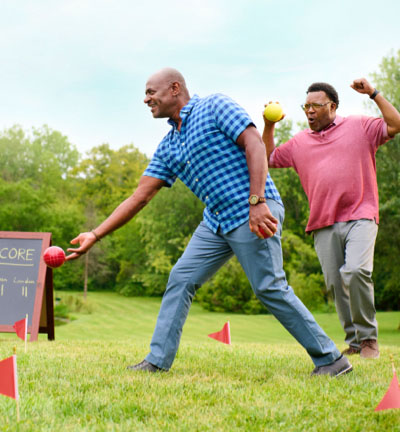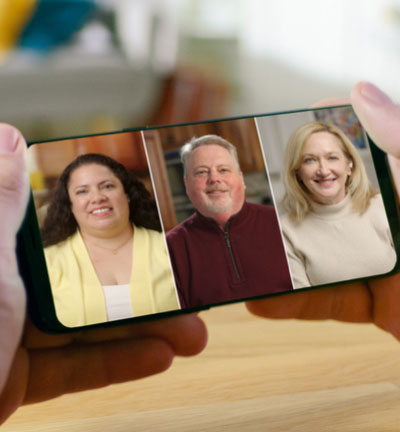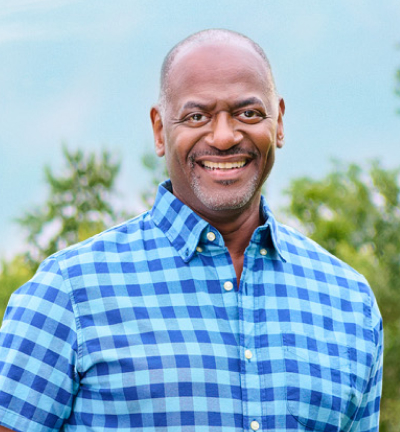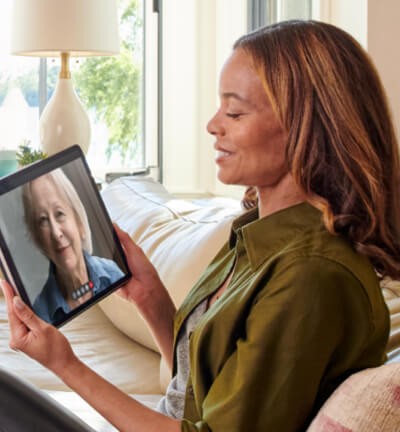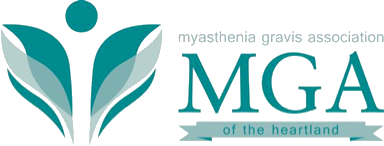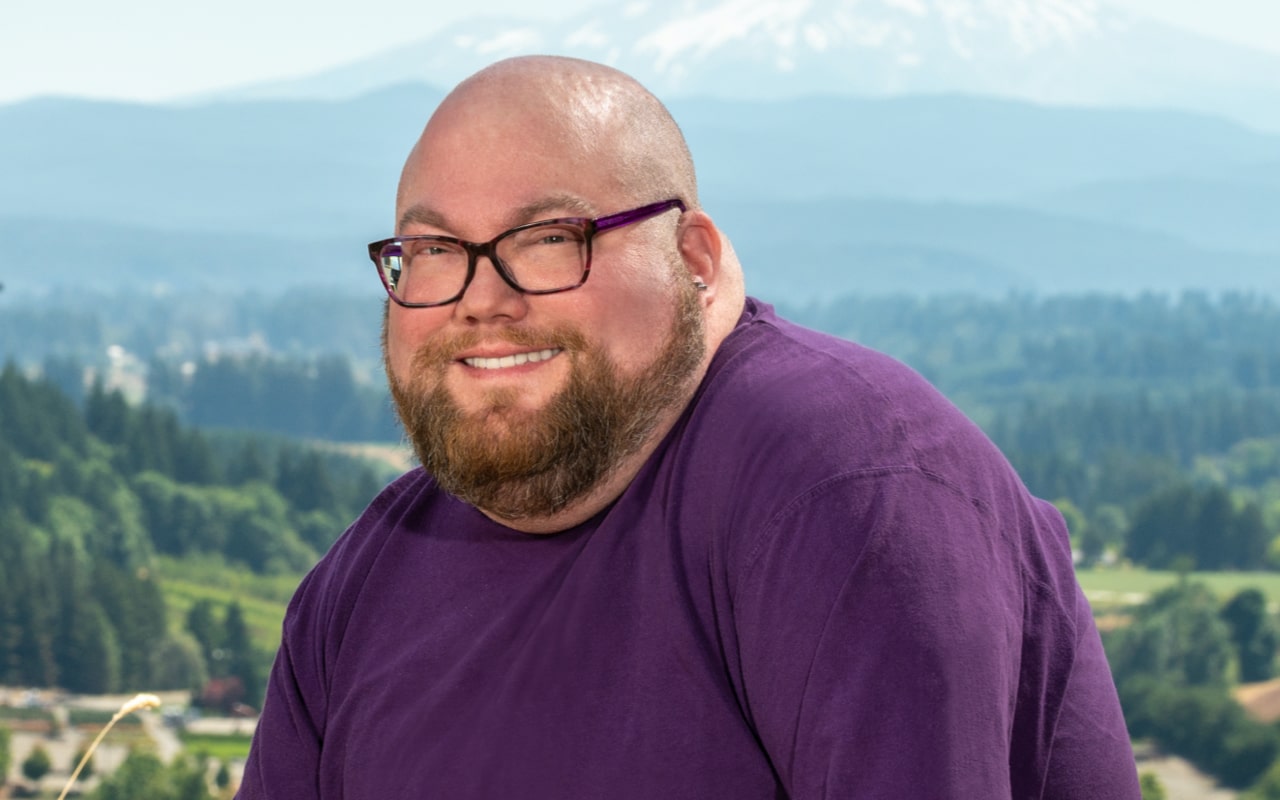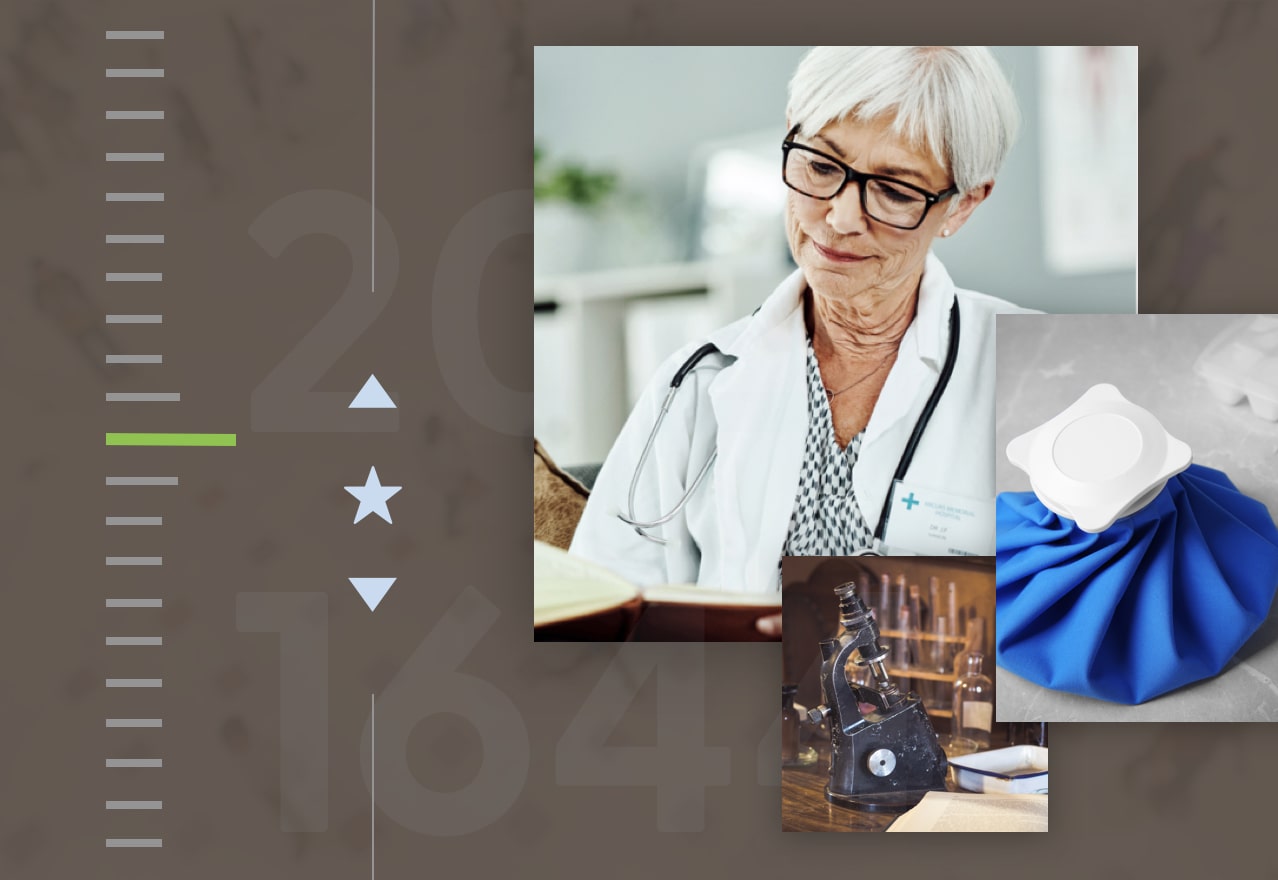When was the MGA founded?
In 1960, Joan Stackhouse and her husband were moving from New York to Kansas City and dreamed of a local service provider to help others with myasthenia gravis (MG). Joan had been diagnosed with MG a few years earlier. With the support of Cecile Wu, who was also living with MG, and members of their church, the MGA was born.
How many members does the MGA have?
We have approximately 1,750 total members, 1,200 of whom are MG patients.
What area does the MGA operate in?
We serve Kansas, Missouri and northwest Arkansas, with 13 different support groups that span across the region.
How to get involved
What resources does your advocacy organization provide to its members, and what can a new member expect when they join?
The MGA provides a new patient packet to members who are newly diagnosed. We have clinics that offer support to patients at the University of Kansas Medical Center, St. Luke's Hospital and St. Louis University. These clinics provide support in conjunction with appointments.
We also offer general support groups for the areas in which our members are located, with some support groups targeted by age. We have both in-person and virtual support groups. In addition, the MGA provides education and awareness events across the heartland. We provide our services 100% free of charge.
How can people in the MG community get in touch with your advocacy organization’s leaders in their area so they can get involved?
Reach out via email at info@mgakc.org or phone at 816-256-4100. Connect with us on Facebook, Twitter and Instagram. We’d love to hear from you!
Does your advocacy organization include caregivers as members, and if so, how are they involved?
Absolutely! We love our caregivers, and many are active and engaging in our support groups with both other caregivers and people living with MG.
What are ways that people can contribute to your advocacy organization? Do you have any urgent needs?
We want as many people as possible to attend our events and share their experiences on social media. Word of mouth is one of the best ways you can help us spread the word about myasthenia gravis. We’re always looking for volunteers to sit on committees and help us plan events and activities and occasionally we need volunteers for administrative tasks in our office.
Raising awareness for myasthenia gravis
Does the MGA host any annual events to raise awareness for myasthenia gravis?
Here are some of our upcoming events that are already scheduled. You can always check out our website to get more information about what we have planned!
- August 27, 2021: 4th Annual Cy’s Crown Town Trivia Night, benefiting the MGA
- October 31, 2021: Educational Seminar and MGA Annual Meeting (Kansas City, MO)
- November 13, 2021: Educational Seminar (St. Louis, MO)
- May 15, 2022: 11th Annual MGA Triple Crown Showdown 5K Run/Walk, Tot Trot and Mile Mosey (Leawood, KS)
- June 2022: 4th Annual MGA Snowflake Shuffle 0.1K (Wichita, KS)
What is the most important message your advocacy organization has for someone living with MG?
We're here for you. We'll meet you wherever you are in your journey and figure out how to best support you. The MGA values the individuality of patients with MG. After all, we're snowflakes, and we're all different. We want to get to know you, your situation and be a support to you.
Is there a story you’d like to share about a time your advocacy organization helped members of the MG community?
When COVID-19 hit in March 2020, we quickly pivoted to virtual programming. We purchased a Zoom subscription and started holding support groups via Zoom.
We soon learned that many of our patients were not comfortable with Zoom and needed one-on-one training to be able to use the technology. Tanya Renner, our program coordinator in Kansas City, spent hours on the phone with members training them on how to use Zoom.
It was important to realize that accessing technology could be a barrier, and helping our members learn the process or find another way to connect was key.
How have the needs of your advocacy organization and its members changed over time?
We've become more in tune with members by getting to know them and hearing what they need. We've expanded our offerings by hosting smaller, targeted groups, like our Young Friends of the MGA (one in Kansas City and one in St. Louis), which is targeted to young professionals who are impacted by myasthenia gravis. It’s more of a social group than a general support group. It’s a way for our younger members to connect with each other.
When COVID-19 hit, we pivoted to virtual platforms, and, moving forward, we plan to offer a mix of both virtual and in-person platforms.
What is one thing that makes your advocacy organization stand out?
The MGA is rare in that we are literally working on the ground interacting with our members. We are a small grassroots effort, and our staff have personal experiences living with myasthenia gravis.
Is there anything you wish more people knew about your advocacy organization?
Just that we exist! We are the local service provider in the heartland for those impacted by myasthenia gravis. We are on the ground, working in communities across Kansas, Missouri and northwest Arkansas, connecting with patients and providers, and we look forward to hearing from you!


